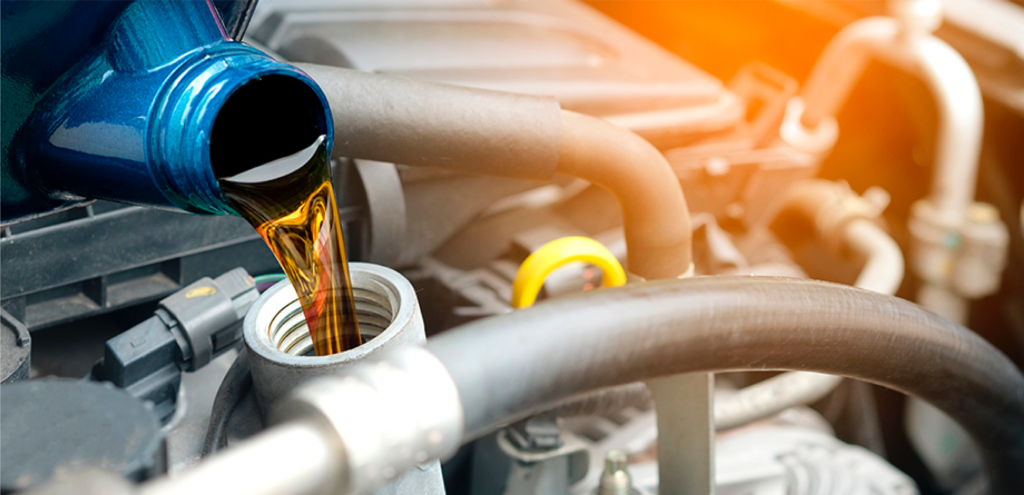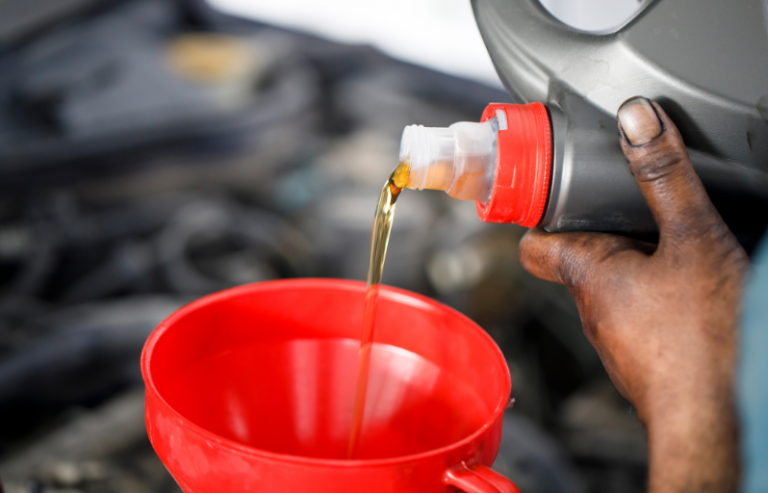Do you know why your car needs an oil change? If not, don’t worry. We’re here to explain why regular oil changes are important for keeping your car running smoothly and efficiently.
Read on to learn more about the importance of oil changes and how they can help you keep your car in top shape!
The Benefits of Regular Oil Changes
Regular oil changes are beneficial for your car in more ways than one. Not only do they keep your engine clean, but they also help to reduce and remove dirt and particles that can cause damage.
Regular oil changes are also important to keep your car running smoothly and at its best, and to keep the engine from seizing up. Also, changing the oil regularly can help save gas and make it less likely that you’ll smell something burning inside the car.
Regular Oil Changes Keep Your Engine Clean
Regular oil changes help keep your engine clean by removing dirt, debris, and other contaminants from the oil. This helps keep these things from building up in the engine, which can hurt its performance and dependability.
Changing your oil regularly ensures that your engine is running as efficiently and cleanly as possible. Additionally, regular oil changes can improve your car’s gas mileage, reduce engine wear, and prevent burning smells from entering the cabin.
Oil Changes Help to Reduce and Remove Excess Dirt
Oil changes not only help to reduce and remove excess dirt, but they also help to keep engines clean and running at peak performance.
The removal of particles and sludge helps to remove any build-up that has accumulated over time, as well as improving gas mileage and engine performance.
By cycling out the old oil, a cleaning agent is introduced which further helps to reduce the risk of engine damage caused by friction.
Regular oil changes are essential in order to maintain the reliability and performance of your car, with oil acting as a protective layer for the sensitive components within the engine.
Regular Oil Changes are Crucial for Reliability and Performance
Regular oil changes are crucial for getting reliability and peak performance from your vehicle.
Skipping routine oil changes can have serious consequences, as it can lead to decreased performance and cause major damage to the engine. Therefore, it is important to keep up with regular oil changes in order to ensure that your car is running smoothly and efficiently.
This will not only help you get the most out of your car but also extend its life.
Engine Oil Deteriorates Over Time
Engine oil is designed to perform its best for a certain period of time, but over time the oil will begin to degrade and break down. This can cause the engine to run less efficiently, reducing its performance and reliability.
In order to keep your engine in peak condition, it is important to get your oil changed regularly so that the oil can be replaced with fresh oil that will lubricate and protect your engine.
Regular oil changes not only help keep your engine in good shape but can also help increase fuel efficiency, reduce emissions and even extend the life of your vehicle.
Without Oil, the Metal Pieces Rub Together
Without oil, the metal pieces in your engine rub together and cause friction. This generates heat and reduces the performance of your car, as well as potentially leading to irreversible engine damage.
Regular oil changes help to reduce the friction between the moving parts, increasing overall performance, better fuel efficiency, and a longer vehicle lifespan.

Signs You Need an Oil Change
By checking the level, color, and smell of your oil often, you can easily tell if you need an oil change. If the oil is dark and dirty, or if there is a burning smell coming from the cabin of your car, then it’s time for an oil change.
Knocking and grinding sounds from the engine are also signs that you need to change the oil.
Pay attention to your engine light; if it’s on, you should go in for an oil change to avoid further damage and ensure the optimal performance of your vehicle.
What Happens if You Don’t Change Your Oil?
When the oil has not been changed for a long time, it will begin to gel or solidify in an engine, eventually turning into sludge. This sludge can cause a wide range of issues, from accelerated engine wear and overheating to oil leaks.
If you don’t change the oil on time, the sludge builds up on the engine’s parts, making it hard for them to move freely and increasing the friction between them. This extra friction can do a lot of damage to your car and even make the engine stop working completely.
It is therefore important to stay on top of your car’s necessary maintenance and keep up with its oil changes in order to avoid these troubles.
How to determine the right oil change interval for your car?
Determining the right oil change interval for your car is essential to maintain its performance and reliability. With advances in engine and oil technology, the recommended oil change interval can vary significantly from one vehicle to another.
It is important to check your vehicle’s owner’s manual for the recommended oil change interval, as well as consult with a qualified automotive technician for advice.
Generally speaking, conventional engine oil should be changed every 3,000 to 5,000 miles, while synthetic motor oil can be changed anywhere from 5,000 to 10,000 miles.
Advances in engine and oil technology
With the advances in engine and oil technology, the need for oil changes has shifted from following a “3,000 miles or three months” rule to one that is much less frequent.
Synthetic oils are now able to last longer and provide better protection than traditional oils, and engines have tightened tolerances that reduce oil contamination. All of these factors have allowed automakers to extend oil change intervals from 3,000 miles to up to 15,000 miles.
This means that cars no longer need to be serviced as often as in the past, but it does not mean that drivers can neglect regular oil changes.
To keep your car running smoothly and reliably, you still need to change the oil in the engine regularly.

Chris Miller is an auto journalist who specializes in reviewing new cars and providing helpful advice on family vehicles. He has a passion for cars and enjoys sharing his knowledge and expertise with others.





